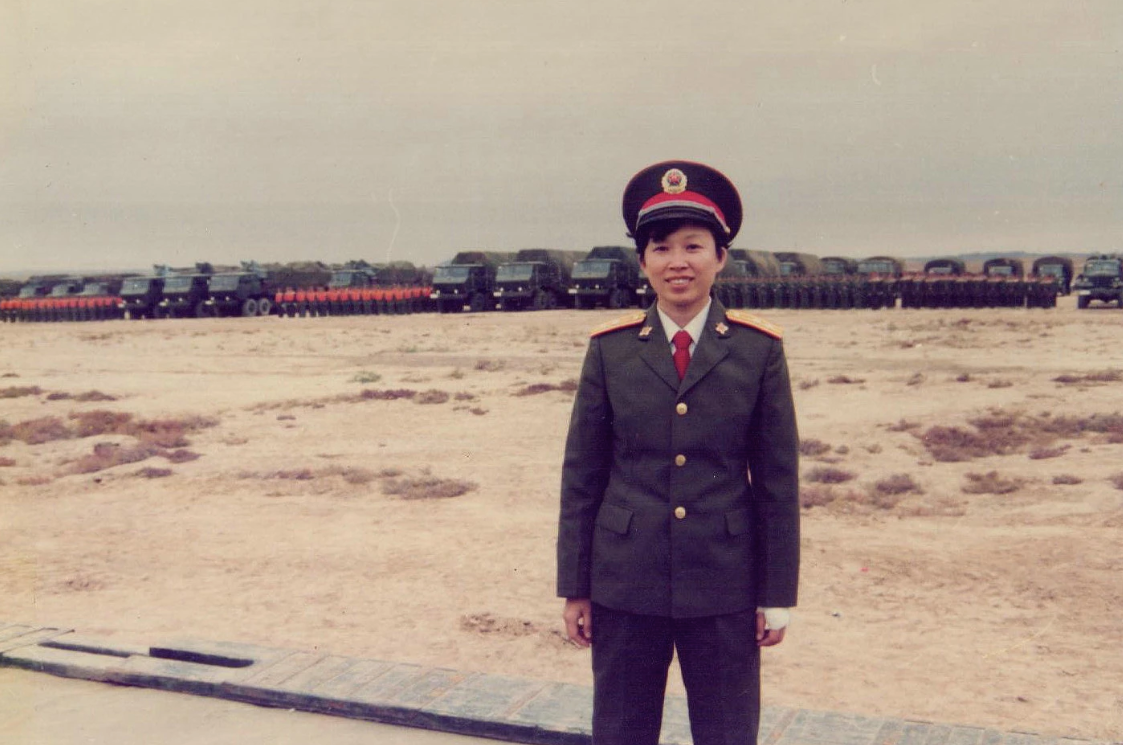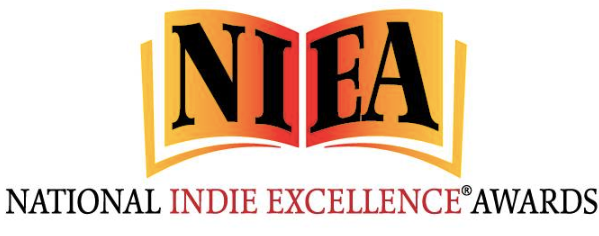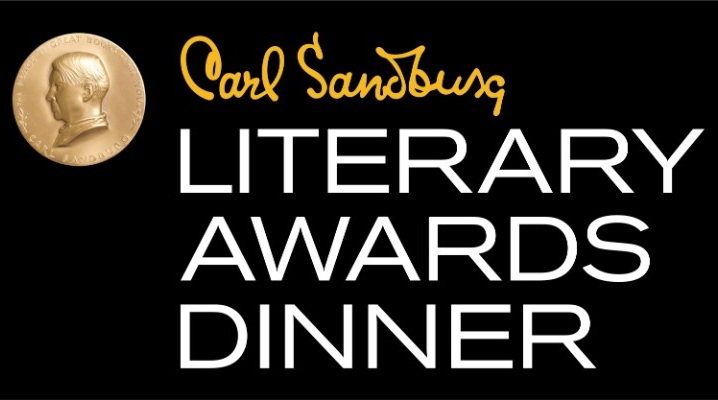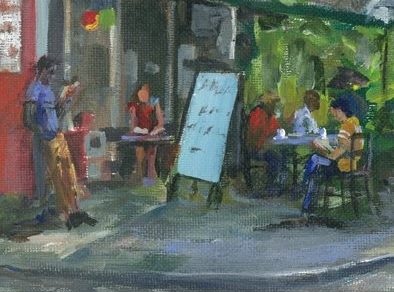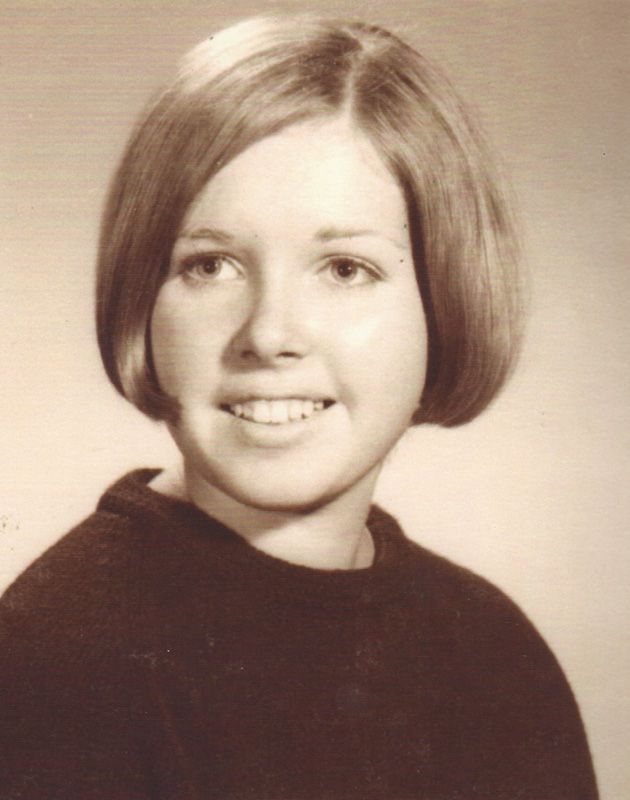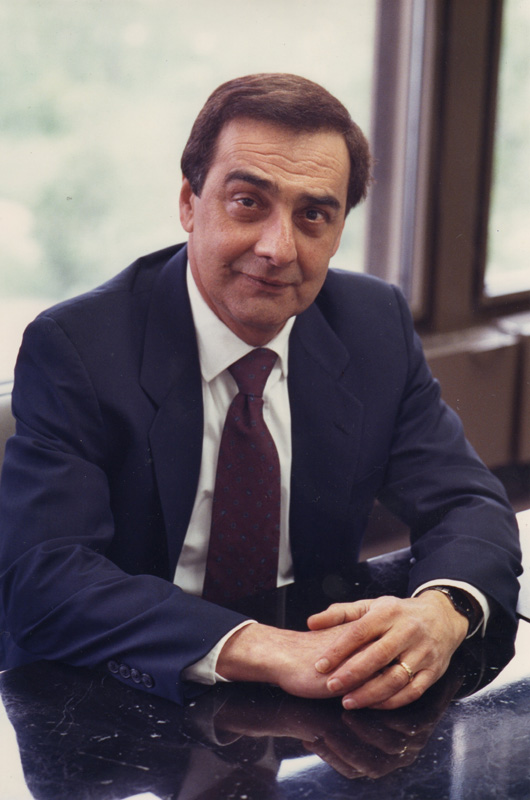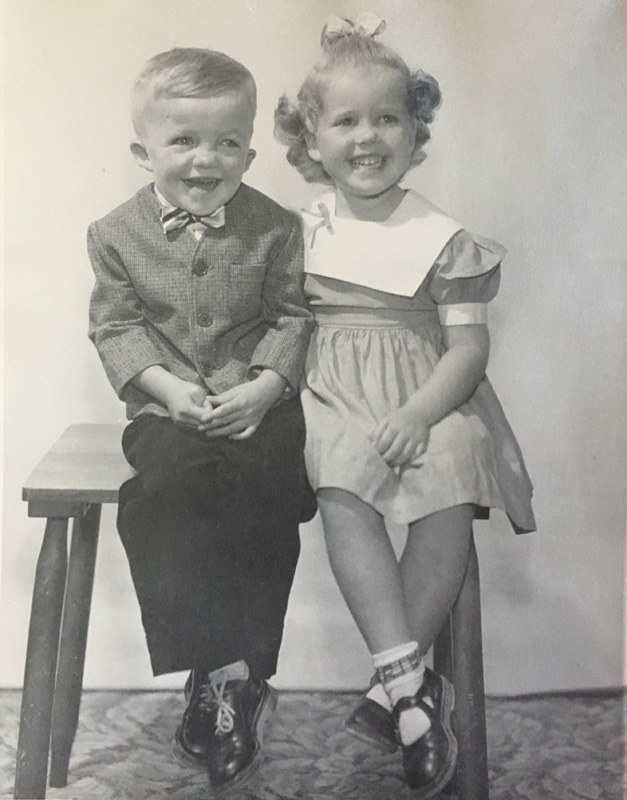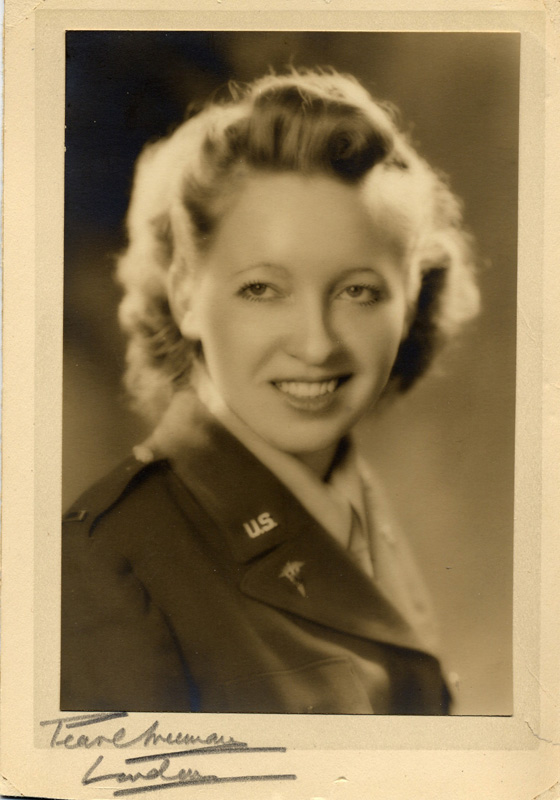Torn Between Two Lovers: A Tragicomic Tale of Second-Novel Rivalry 💔
/My first love, a thirteen-year affair, caused a lot of emotion over its long life—excitement, rage, fear, euphoria, satisfaction, frustration. It was both thrilling and exasperating and, truth be told, there were a few breakups, one I thought would be irrevocable. Friends were concerned we wouldn’t make it, calling it my phantom novel. But we went the distance and finally celebrated going public nine months ago. Since then it’s been a party, all champagne and celebration. A victory lap full of hard work, yes, but mostly pure joy.
One of the names I call the object of my affection is The Fourteenth of September. When I’m in a rush, I use its pet name, “A Woman’s Story of Vietnam,” sometimes just a short but sweet “Set in ’69.” We’ve had our moments. Never will a relationship be so volatile, meaningful, or memorable, and it will always be with me.
But I’m ready, as they say, to move on. It’s me, not it. No fault, harm, or foul. It’s just time.
I confess I’ve been flirting for about a year with a tall, dark, and handsome story with a foreign accent—about expats in San Miguel de Allende searching for their last dream. I admit I love rolling my tongue around its working title, “La Querencia,” and intriguing the curious with its definition: “The place in the ring where the bull feels safe.” The intrigue. I want to dance! In March, we slipped away together for a delicious month at the Ragdale Artist’s Retreat where we fantasized about our future in a ninety-page plot plan. It’s fresh, it’s sexy. It could work. But we have to commit.
And yet, The Fourteenth of September won’t let me go. And part of me—and I confess this is a surprise—doesn’t want it to. It’s done well for a debut novel by an unknown, already in a second printing, in fact. But it’s so needy. So many months since launch and it still takes up 75 percent of my time. My juicy next novel beckons, and if I pause for even a moment to look over my shoulder and give it an encouraging wink, promising I’ll come soon, sales of the first just stop. It’s fond of these foot-stomping tantrums for attention. I will not be ignored, Rita!
I admit, sometimes I rather like the rivalry, if I can say that out loud—as I type this and have just moved the stacks of San Miguel research out of view. Each week I have opportunities to talk about the attractions of Lover #1, now fully wrestled to the ground and lovely. We’ve been through so much. I enjoy telling the tale: how my personal experiences became integrated into the story of an important historical time, the characters I both offed and paired off, the “soundtrack” I peppered throughout the action, the journey I renamed from “coming of age” to “coming of conscience.” It may be rough around a few edges, but it was my first love, a dream come true, and I relish sharing it. It still has a long runway, with the 50th anniversary of so many of the events it recounts upon us. And I owe it. I’m a different writer than before we met: better, wiser. Without it, what would I be? I don’t think I can give it up yet.
It’s just not a good time, I keep telling Lover #2, but realistically how long can I ask it to wait? The thought of it is so wonderful when I’m dreaming of how the plot will spin, but exhausting when I buckle down into the daylight of bringing it to life. I remember how much #1 took out of me, and my knees start to wobble. I sweat. Give me at least half your time, #2 demands, or I’m outta here. And, in fact, the details of some of the squishy parts of the plot plan have come to seem insurmountable. We’re no longer dancing. I already miss our early days: the spark, the promise. The certainty that this affair would be so much better, so much smoother, so much more. . . efficient.
I’m at a crossroads. My publicist sends intoxicating Friday afternoon emails about major media that have requested review copies of #1, potential placements that are targeted for as long away as December, as far into the future as next spring. How long can I sustain this affair, I wonder? At the same time, book club members and other readers clamor for news of an arrival date for #2, when I’m not even sure how serious we are. My hairdresser tears up when I tell her about the bullring. Can I balance both? Must I walk away from one of them, shutting the door, drawing the line, refusing to answer the plot dreams that visit nightly about #2, or coldly let those unsold copies of #1 sit spurned in storage.
I need couples therapy. To sit them both down and duke it out. Who gets visitation on Mondays, Wednesdays, and Fridays, and who gets the long, productive weekend mornings? The need for discipline and organization blasts at me through a subconscious voice of authority as I lie on the couch. “I know, I know,” I answer, as it regales me with stories of the unwavering work habits of Ernest Hemingway and Edith Wharton.
I am weak. I am fickle. I simply cannot live without them both, for now. A remedy will present itself, a favorite will emerge, I’m certain.
Well, isn’t it pretty to think so?




